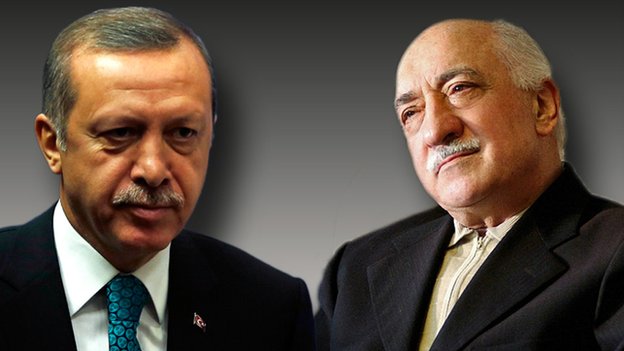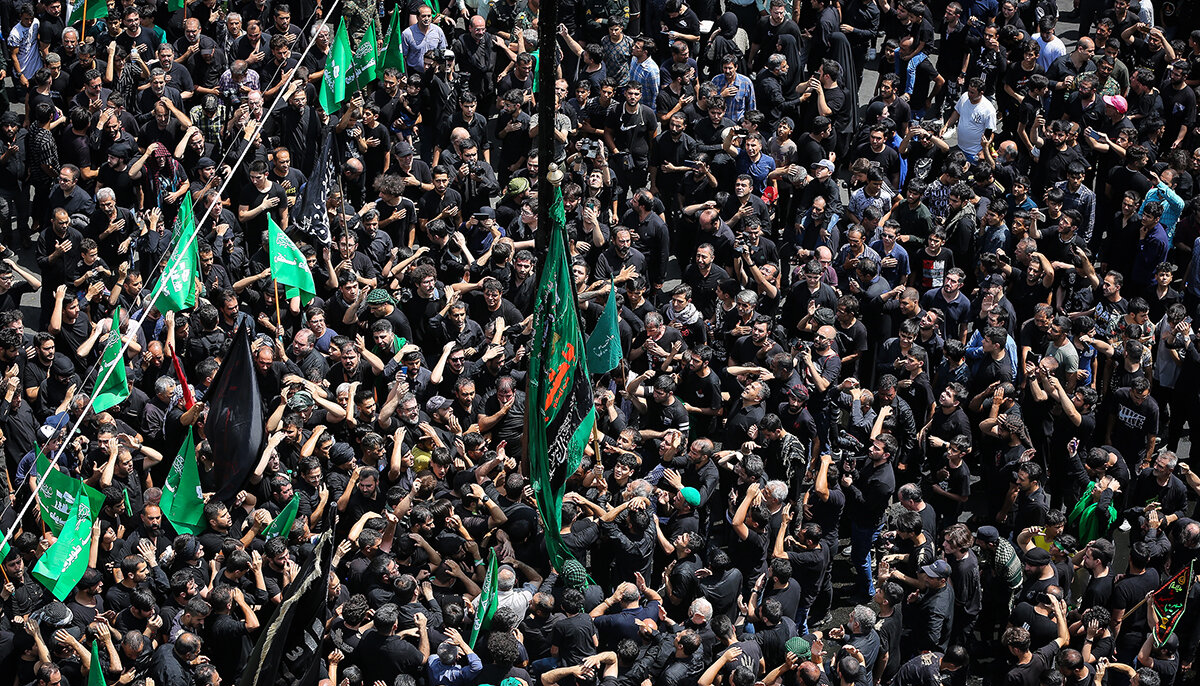Alwaght-A Turkish court has issued an arrest warrant for the US-based cleric Fethullah Gulen, the ally-turned-foe of Recep Tayyip Erdogan.
In his request for the warrant, Istanbul public prosecutor Hasan Yilmaz accused Gulen - who has lived in self-imposed exile in Pennsylvania, US, since 1998 - of setting up or running an armed "terrorist" organization.
According to the Turkish media reports, the charges including operation an armed terror group carries a penalty of up to 15 years in prison. Yilmaz said, “Sufficient tangible evidence showing that Gulen committed a crime was collected during the investigation.”
The warrant takes Erdogan's campaign to root out Gulen supporters, including purges of the judiciary and police, to the international arena potentially testing strained relations with Washington.
Turkish authorities have requested from Washington to extradite the elderly cleric, though such a request was likely to put strained relations with Turkey’s NATO ally under further pressure.
Following a string of orchestrated raids on media outlets with ties to the cleric, the warrant marked another escalation in the battle between Erdogan and Gulen, whose movement, also known as Hizmet, has millions of followers worldwide.
European Union’s foreign policy chief, Federica Mogherini, and European Commissioner for European Neighborhood Policy and Enlargement Negotiations Johannes Hahn have condemned Turkey’s raid on journalists and media people as “against the European values and standards Turkey aspires to be part of.”
President Recep Tayyip Erdogan is accusing the self-exiled preacher of plotting to overthrow the state. In addition, Erdogan portrays the investigation as part of a coup attempt and describes Gulen's followers as traitors and terrorists
Erdogan assumes that Gulen is establishing a “parallel structure” within the state by placing his followers in institutions such as the judiciary and the police, and of exerting strong influence through his media empire.
Previously, Turkish prosecutors launched an investigation into claims by pro-government media that Gulen, the top foe of President Erdogan, had ordered the plot to assassinate his daughter, 29-year-old Sumeyye Erdogan.
Gulen's lawyer as well as an opposition lawmaker accused in the plot strongly denied the allegations and called them a smear campaign.
Relations soured between the two after an anti-graft probe launched in 2013, which Erdogan suspects was an attempt by Gulen and his followers to destabilize the government.
Gulen, who heads Hizmet, an influential spiritual and social movement, has denied the allegations. Erdogan vowed to crush the "evil forces" associated with the movement and its leader.
Erdogan said,"We are not just faced with a simple network, but one which is a pawn of evil forces at home and abroad."
Last year, Erdogan announced that he seeks Gulen’s extradition from the US, but it does not seem the latter will fulfill the former’s request.
In an interview, Erdogan said Gulen might also pose a threat to U.S. security by his activities.
"These elements which threaten the national security of Turkey cannot be allowed to exist in other countries, because what they do to us here, they might do against their host," said Erdogan.
Gulen has repeatedly been accused of attempting to form a “parallel state.” He was tried and found guilty in 2000, before being acquitted of all charges in 2008.
Before relocating to the US in 1998, the popular cleric was one of Erdogan’s top allies. Their relationship began to deteriorate, as Erdogan grew paranoid about Gulen’s growing influence, facilitated by schools, education centers, and charity organizations in over 160 countries.
Critics have accused Erdogan of building an authoritarian regime and bending the constitution to concentrate an increasing amount of power in the presidency.


























